New to Event Planning? Top Event Planning Tips to Get You Started
Use Your Event Planning Resources
First, contact any friends you have in the industry and pick their brains as experienced event planners. They will answer any important questions you have and can give you advice on different aspects of event planning you may not have even considered.
Conduct Research for Your Event
Once you’ve done that, or if you don’t have any friends who are event planners, conduct a Google search. Search for local organizations that host meetings and events in your area. Also, check out self-run groups on Meetup. After you have compiled this list of groups, you can determine which ones you should join and which people you can use as case studies in your event planning research.
This research can also help you discover local event venues that are popular for hosting a variety of meetings, parties, and activities. It’s also a good idea to search for your event location on the EventUp website. Once you find the one you like, simply fill out our form to get a booking quote!
Find the Perfect Event Venue
When you are searching for your perfect event space on our website, check out a variety of venues in your area that offer ample space for your party. Search for restaurants, hotels, cafes, studios, country clubs, and art galleries to find the perfect venue for your party. Be sure to look at the floor plans and amenities offered to ensure the venue has everything you need. For example, if you need outdoor catering space or A/V equipment, you’ll want to make sure your venue has all these features.
Consider Your Event Budget
Next, you need to sit down and think about your budget. Consider the following:
- Will you be providing food?
- How much can you spend on space?
- How long do you need the space (hours vs days)?
- How many rooms do you need?
- Are hotel and travel options required?
- Do you need promotional items (flyers, videos, etc.)?
- Will you offer materials or promo gifts to guests?
- Do you need to pay for speakers?
- Do you need tech support such as mics, projectors, laptops, and wi-fi?
- Do you need a team for setup and event support?
Leverage Event Planning Tools
Finally, you need tools to help you stay organized and on track with budget and timing.
What Are Event Planning Tools?
Event planning tools simplify the planning, organization, and execution of events. These tools are essential for ensuring that events—whether in-person, virtual, or hybrid—run smoothly and efficiently.
Event planning tools are often cloud-based and accessible online, allowing for seamless collaboration among team members regardless of their physical location. From project management and communication to registration and ticketing to marketing and promotion, event planning tools help make your life easier.

10 Best Event Planning Tools
There are plenty of online tools you can use to streamline the complex process of planning successful events. Here are some of our top picks.
1. Google Calendar
Organize your schedule and share events with colleagues and clients. With Google’s free online calendar, it’s easy to keep track of important events all in one place.
Key Features:
- Shared Calendars
- Event Reminders
- Integration with Other Tools
- Mobile Accessibility
- Customizable Views
Benefits for Event Planning:
- Centralized Event Management
- Collaborative Planning
- Efficient Communication
- Time Management
- Accessibility and Flexibility
2. Attendease
Attendease gives you all the online tools you need to bring people together for an event and easily sell tickets online.
Key Features:
- Event Registration and Ticketing
- Promotional Tools
- Attendee Management
- Mobile Accessibility
- Customizable Event Pages
Benefits for Event Planning:
- Streamlined Registration Process
- Simple Revenue Management
- Built-in Marketing
- Valuable Data Insights
- Integration with Other Platforms
3. Sched
Conference and festival organizers use SCHED to manage their website’s schedule of events, seamlessly integrate social networking, and provide their attendees with tools like personal agenda builders, dynamic attendee directories, and mobile applications.
Key Features:
- Schedule Creation
- Attendee Registration
- Mobile-Friendly Access
- Personalized Agendas
- Real-Time Updates
Benefits for Event Planning: Efficient Schedule Management
- Increased Attendee Engagement
- Effective Registration Tracking
- Accessibility and User-Friendly Design
- Simple Collaboration
4. Facebook Events
Create, share, and exchange events with your Facebook friends and followers.
Key Features:
- Event Creation
- Invitations and RSVPs
- Event Promotion
- Discussion and Updates
- Event Analytics
Benefits for Event Planning:
- Extensive Reach
- Higher Social Engagement
- Cost-Effective Promotion
- Real-Time Interaction
- Integration with Facebook Groups
5. Meetup
Helps groups of people with shared interests plan meetings and form offline clubs in local communities around the world.
Key Features:
- Event Creation and Discovery
- Interest-Based Groups
- RSVP and Attendance Tracking
- Communication Tools
- Community Building Features
Benefits for Event Planning:
- Targeted Audience Reach
- Higher Community Engagement
- Discoverability
- Ease of Planning
- Facilitates Real-World Connections
6. Slack
Slack, while primarily known as a team communication platform, can also be effectively utilized as an event planning tool, especially for teams and organizations that already use Slack for collaboration.
Key Features:
- Channels for Event Planning
- Integration with Apps and Tools
- Real-time Communication
- File Sharing
- Direct Messages and Mentioning
Benefits for Event Planning:
- Centralized Communication
- Efficient Collaboration
- Notification and Updates
- Project Management Integration
- Archived Conversations
7. Hootsuite
Hootsuite gives event planners all the social tools they need to streamline their social media presence and engagement.
Key Features:
- Social Media Scheduling
- Multiple Platform Management
- Collaboration and Approval Workflows
- Analytics and Reporting
- Content Curation
Benefits for Event Planning:
- Consistent Branding
- Time Efficient
- Increased Audience Engagement
- Real-time Monitoring
- Post-Event Analysis
8. Trello
Trello’s user-friendly interface, adaptability, and collaborative features make it a valuable asset for efficiently managing tasks and ensuring successful event execution.
Key Features:
- Boards, Lists, and Cards
- Task Management
- Collaboration and Communication
- Checklists
- Attachments and Links
Benefits for Event Planning:
- Visual Organization
- Flexible Workflow
- Real-Time Collaboration
- Mobile Accessibility
- Integration with Other Tools
9. Zoom
Zoom has become an essential tool for event planning, particularly for virtual or hybrid events.
Key Features:
- Virtual Meetings and Webinars
- Participant Engagement Tools
- Screen Sharing
- Recording and Playback
- Breakout Rooms
Benefits for Event Planning:
- Global Accessibility
- Cost Savings
- Flexibility and Adaptability
- Data and Analytical Insights
- Ease of Use
10. EventUp
EventUp makes it easy to find and book the perfect event venue. Plus, the EventUp blog has loads of articles on how to throw an amazing event.
Key Features:
- Venue Search and Selection
- Online Booking
- Venue Details and Imagery
- Communication with Venue Owners
- Reviews and Ratings
Benefits for Event Planning:
- Diverse Venue Options
- Streamlines Venue Selection and Booking
- Transparent Information
- Simple Communication
- Customization and Personalization
Use the EventUp Event Planning Tool to Plan the Perfect Event!
So, there you have it. Now it’s time for you to start planning your event!
And if you still need to cross-find the perfect venue off of your event planning to-do list, you’re in the right place! EventUp is the top online marketplace for thousands of venues across the country. From lofts and warehouses to restaurants, bars, and outdoor spaces, we can help you find the ideal space for your event, making it easy to browse, connect, and book the perfect spot.
Use EventUp to search, find, and book venues today!
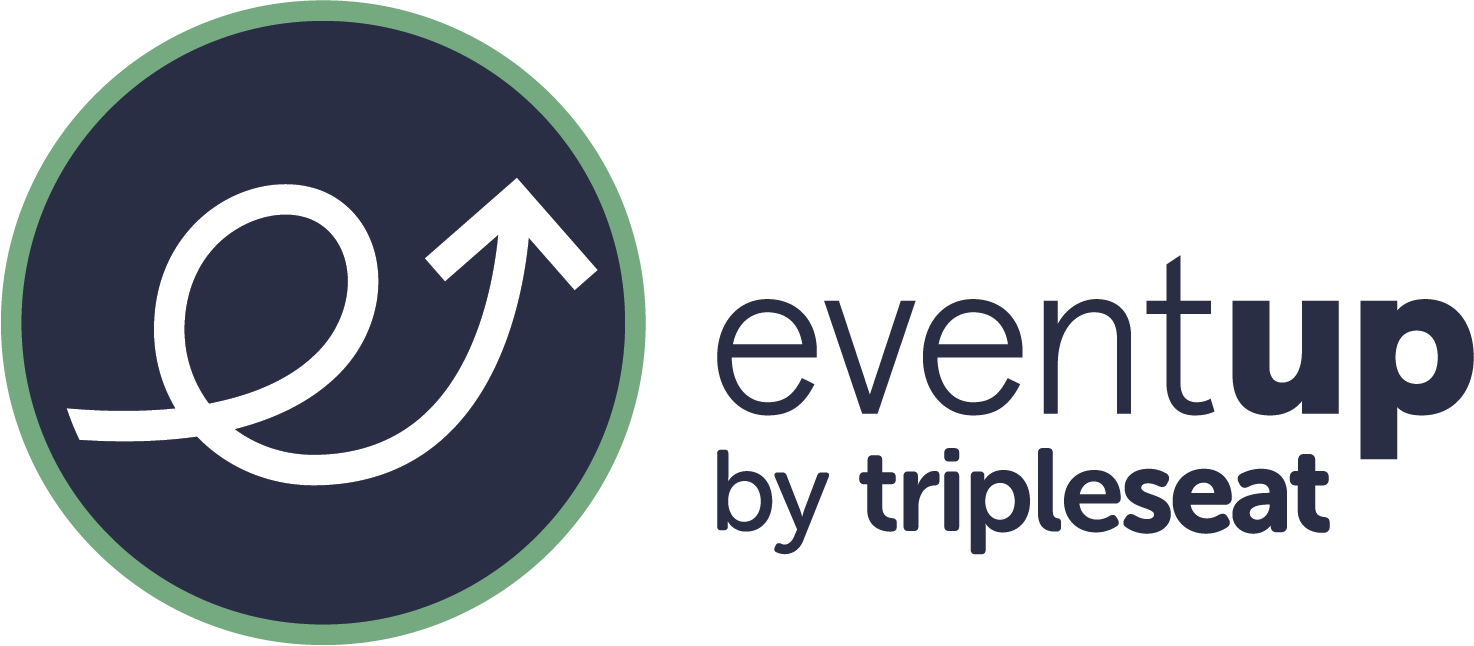



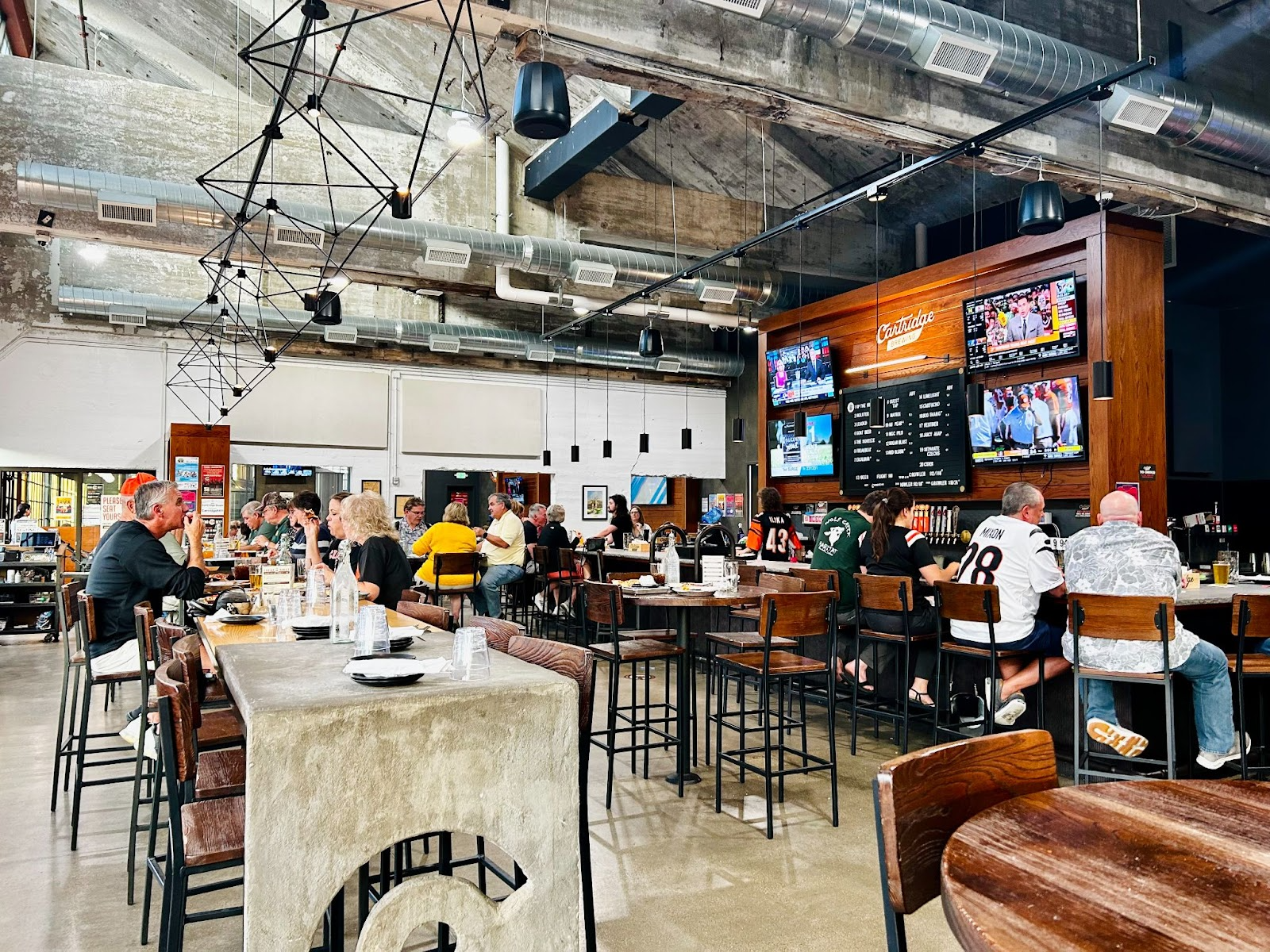








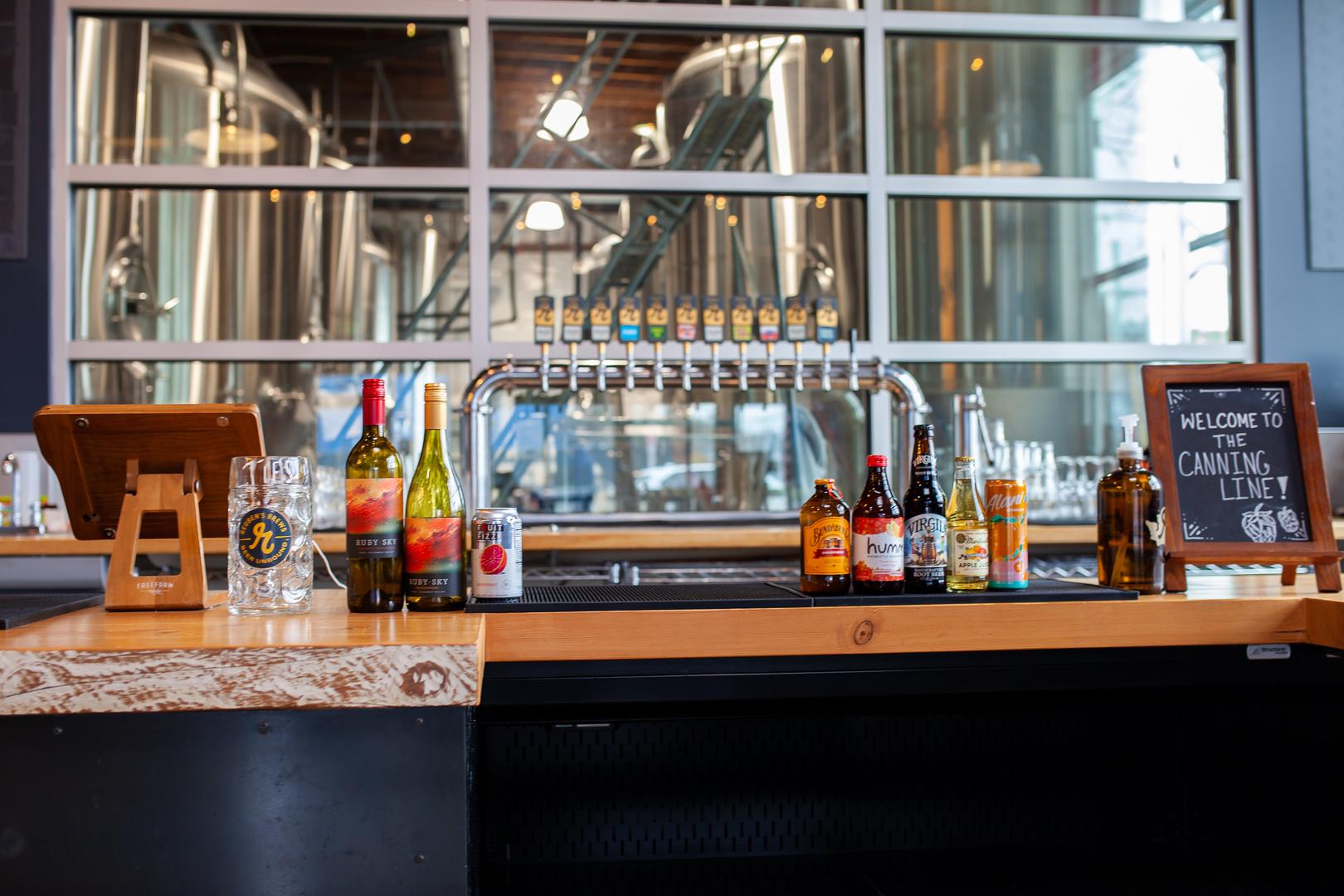
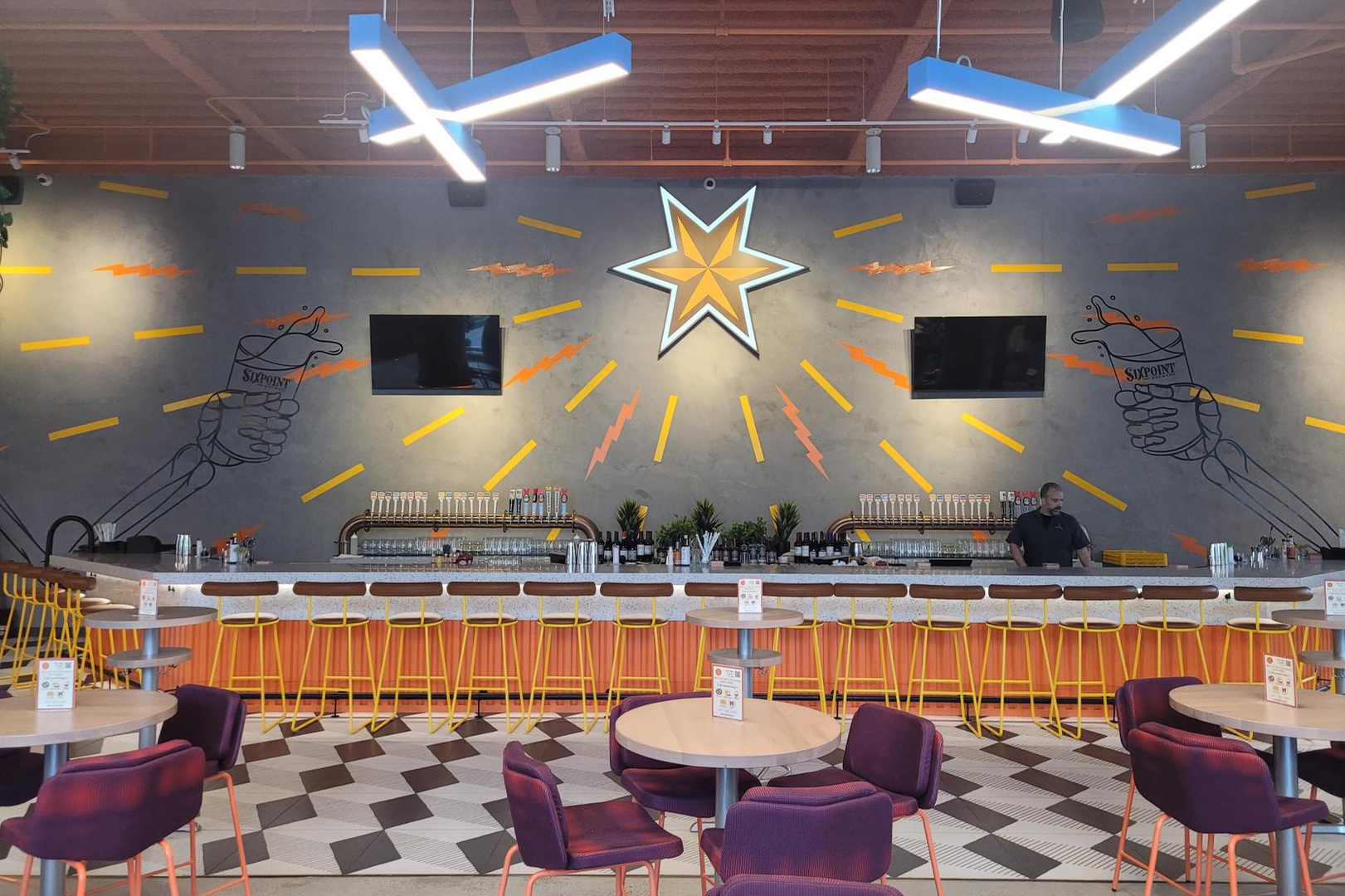
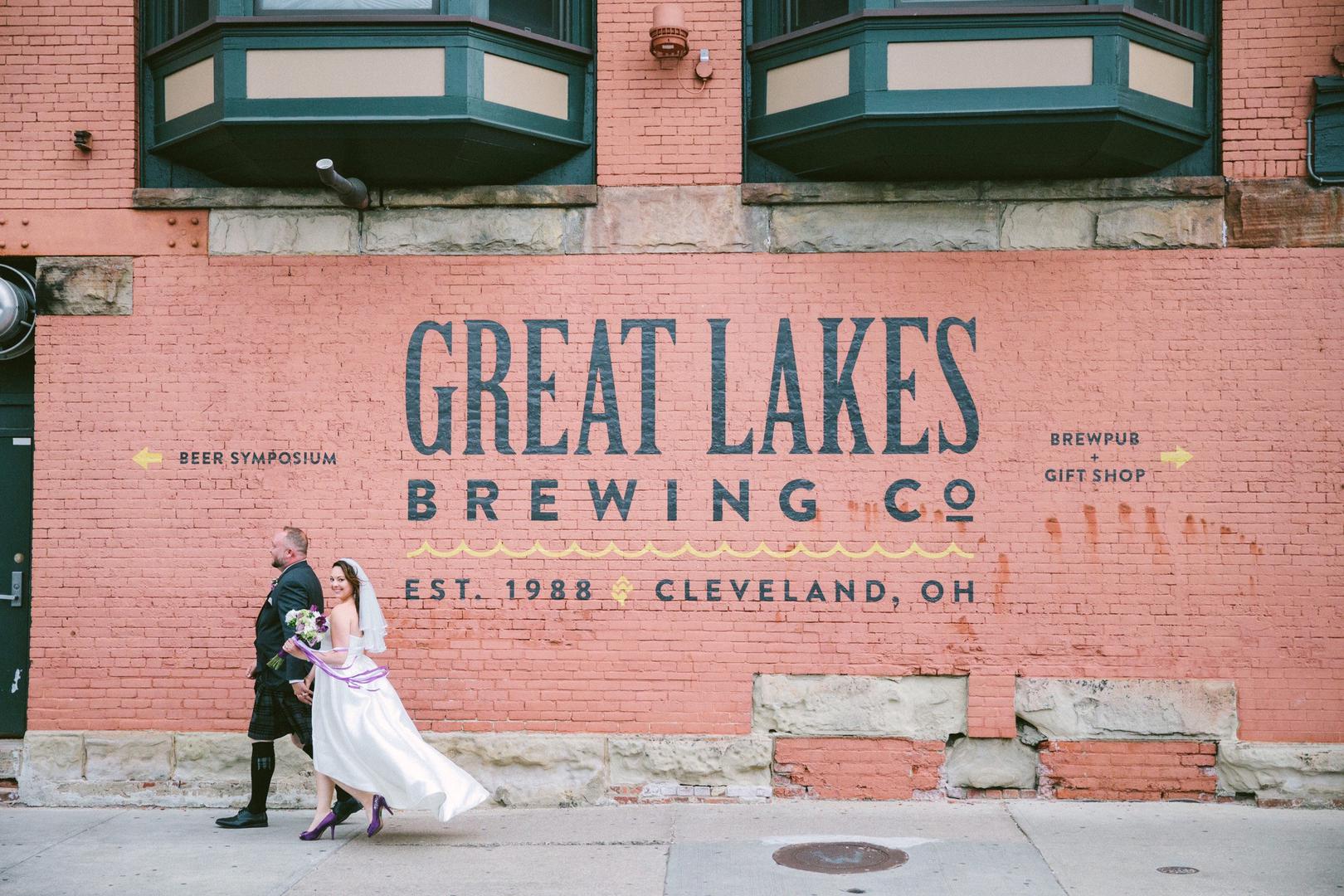





%20Where%20to%20Eat%20Near%20Willis%20Tower%20in%20Chicago.png)
